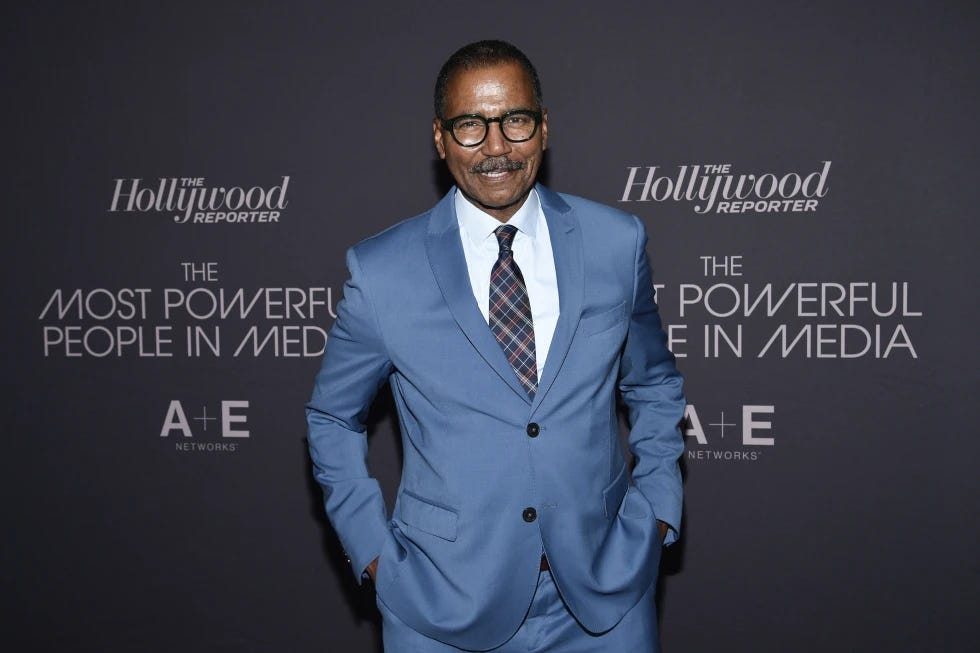CBS to Submit '60 Minutes' Kamala Harris Interview Transcripts to FCC Amid Trump Lawsuit
The network agrees to provide unedited transcripts as part of the FCC's investigation into the controversial interview.
CBS has agreed to hand over an unedited transcript of its October interview with Vice President Kamala Harris to the Federal Communications Commission (FCC), a key part of the ongoing legal battle between the network and former President Donald Trump. Trump’s lawsuit, which claims that the interview was deceptively edited to favor Harris, has prompted the FCC to investigate the matter further.
The lawsuit, filed by Trump in early November, accuses CBS of manipulating the footage in its “60 Minutes” segment to benefit Harris. Trump is seeking $10 million in damages, arguing that the edited interview misrepresented his opponent and interfered with the 2020 election. Reports suggest that CBS’s parent company, Paramount, has been negotiating with Trump’s legal team over a potential settlement.
CBS announced on Friday that it had been directed by Brendan Carr, the FCC chairman appointed by Trump, to submit both the transcripts and camera feeds from the interview. “60 Minutes” has traditionally resisted releasing transcripts for its interviews, citing concerns about allowing external parties to critique its editing choices.
The legal dispute has attracted significant attention, particularly from press freedom advocates and CBS journalists. The network’s legal team has dismissed Trump’s lawsuit as "completely without merit" and pledged to vigorously defend against it.
The controversy centers around an October interview between Harris and CBS correspondent Bill Whitaker. During the interview, Harris provided differing responses to the same question on separate broadcasts, one aired on “Face the Nation” and the other on “60 Minutes.” CBS explained that each clip was taken from a longer, unedited response by Harris, with the footage edited for time constraints in both segments. However, the discrepancy between the two broadcasts raised questions about the interview’s integrity.
In his lawsuit, Trump argued that the edits were intentionally misleading, accusing CBS of engaging in partisan actions to interfere with the election. Although Trump declined to participate in an interview with “60 Minutes” during the campaign, he has continued to pursue the lawsuit even after securing the presidential election victory.
Discussions about a possible settlement are reportedly ongoing, with Paramount executives reportedly seeking approval from the Trump administration for a company sale to Skydance, an entertainment firm. The case has drawn parallels to other recent legal settlements involving Trump, including a defamation case with ABC News, which settled in December for $15 million, and a $25 million settlement with Meta over the suspension of his social media accounts after the January 6, 2021, Capitol riot.
David Bauder covers media and entertainment for the Associated Press. Follow him at http://x.com/dbauder and https://bsky.app/profile/dbauder.bsky.social.


